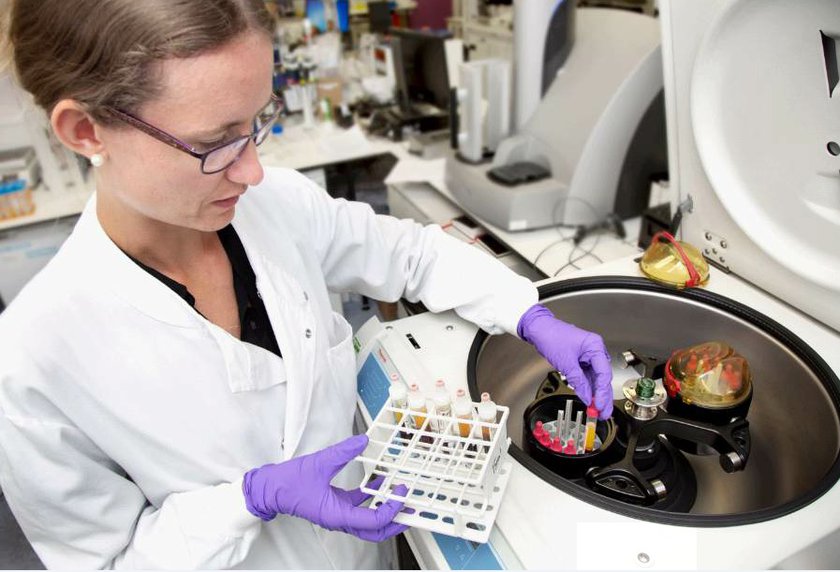Over 150 participants recruited to new COVID-19 research programme
A “library” of valuable biological samples from people with COVID-19, which will help scientists globally fight the virus, has recruited its 150th participant.
 The National Institute for Health Research (NIHR) BioResource began collecting samples at the end of March from patients admitted to Addenbrooke’s hospital with suspected COVID-19. Samples included blood, nasal and throat swabs, plus a mental and physical health questionnaire.
The National Institute for Health Research (NIHR) BioResource began collecting samples at the end of March from patients admitted to Addenbrooke’s hospital with suspected COVID-19. Samples included blood, nasal and throat swabs, plus a mental and physical health questionnaire.
The biological samples are carefully separated, analysed and stored as part of a resource for scientists to draw upon when researching treatments, vaccinations or a deeper understanding of COVID-19.
The NIHR BioResource will now seek further participants to join the new NIHR COVID-19 BioResource cohort. All hospital patients in Addenbrooke’s and The Royal Papworth Hospital with suspected or confirmed COVID-19 are invited to take part in this essential research. NHS staff undergoing routine screening for the COVID-19 infection will also be invited to participate in the study.
Up until now, local samples have mainly been collected in Cambridge, and processed in a specialist lab in the Jeffrey Cheah Biomedical Centre. Over the next few weeks, local NIHR BioResource centres across England will be able to begin recruiting from other hospitals.
For more information visit: CUH
Published May 12, 2020
Latest from CCTU
Targeting the immune system could prevent future heart attacks, Cambridge-led trial suggests
Cambridge researchers have discovered that an existing therapy which boosts protective immune cells in people who have recently had heart attacks reduces…
Cambridge study finds hot flush treatment has anti-breast cancer activity
A drug mimicking the hormone progesterone has anti-cancer activity when used together with conventional anti-oestrogen treatment for women with breast…
Innovative trial offers hope on World Pancreatic Cancer Day
An early-stage trial, recently opened at Addenbrooke's Hospital, offers new hope to people with late-stage pancreatic cancer and their families.
…






